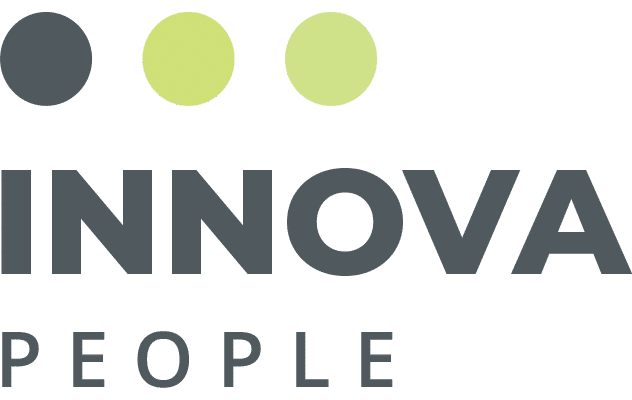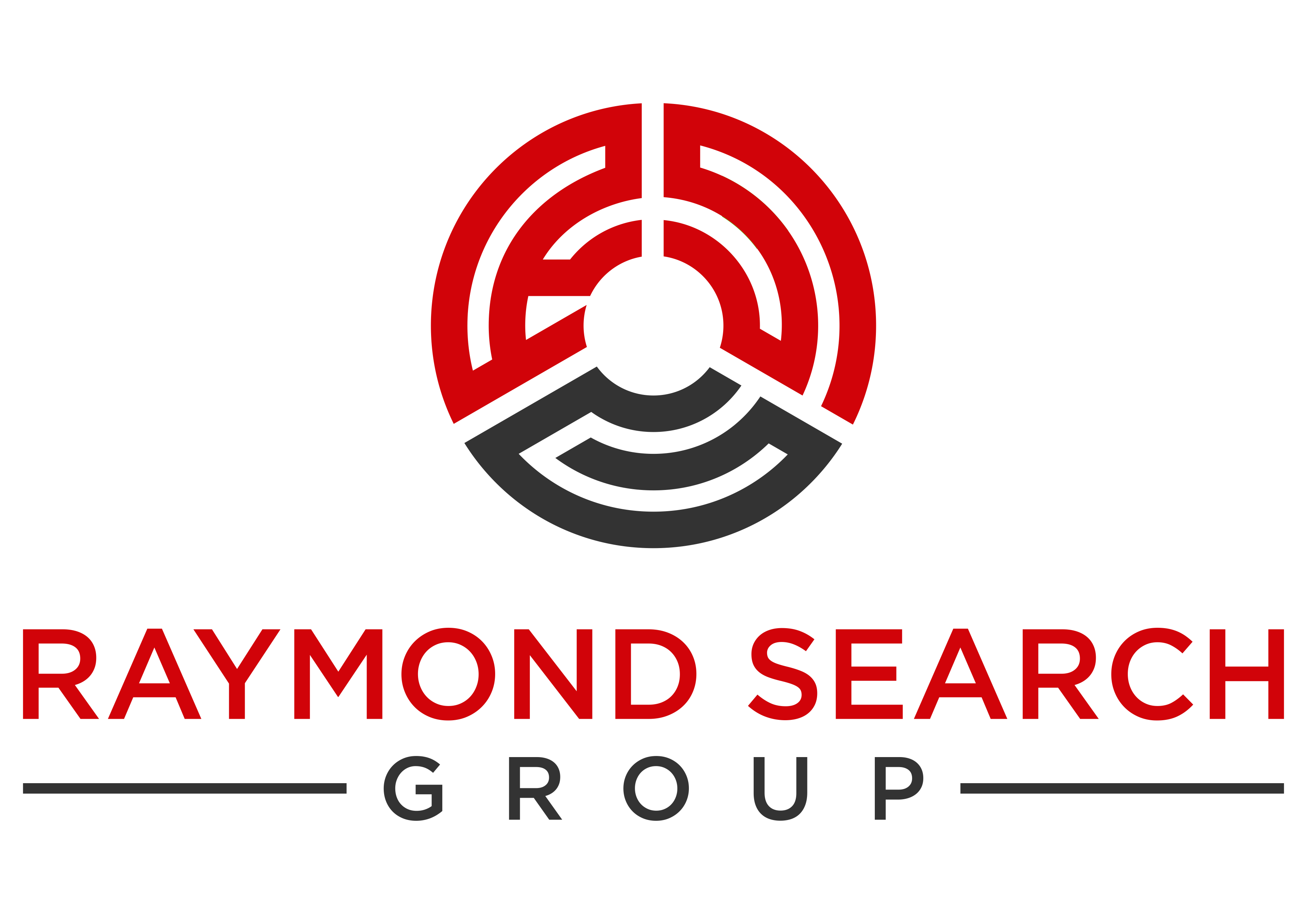
The workplace landscape has undergone a seismic shift with the rise of remote work. Hiring managers are at the forefront of this transformation, as they adapt to new challenges and opportunities presented by remote work environments. In this blog, we’ll explore the evolving role of hiring managers in the era of remote work and provide insights into how to excel in this changing landscape.
Adapting to Remote Work: The transition to remote work has required hiring managers to adapt in several ways:
Virtual Interviewing: With interviews happening online, hiring managers must develop skills for assessing candidates remotely, including evaluating their communication and tech-savviness.
Flexible Scheduling: Remote work often means working across different time zones. Hiring managers need to accommodate flexible interview schedules and ensure inclusivity.
Assessing Self-Motivation: Remote employees must be self-driven and able to manage their time effectively. Hiring managers need to assess candidates for these qualities.
Embracing Diversity: Remote work enables organizations to tap into a more diverse talent pool. Hiring managers should actively seek out candidates from a wide range of backgrounds and locations.
Effective Strategies for Remote Hiring Managers:
Communication Skills: Remote work relies heavily on effective communication. Hiring managers should possess strong communication skills to convey expectations and provide clear feedback to candidates and new hires.
Tech Proficiency: Being comfortable with the tools and platforms used for remote work is essential. Familiarity with video conferencing, project management, and communication tools is a significant asset.
Flexible Approach: Flexibility is crucial when dealing with candidates and employees across different time zones. Embrace asynchronous communication when necessary and be accommodating in scheduling.
Virtual Onboarding: Ensure a smooth virtual onboarding process that introduces new hires to the organization’s culture and expectations. Remote employees should feel connected and informed from day one.
Measuring Performance: Develop methods for assessing remote employees’ performance that focus on outcomes and results, rather than micromanagement.
Feedback and Recognition: Provide regular feedback and recognition to remote employees. Positive reinforcement and constructive feedback are essential in a remote work environment.
Cultural Fit: Evaluate candidates not only for their skills but also their compatibility with the company’s culture and values. Assess how they will contribute to the remote work culture.
Professional Development: Consider how remote employees can access training, development, and career growth opportunities. Remote workers should have the same chances for advancement as their in-office counterparts.
The role of a hiring manager has evolved in response to the remote work revolution. Successful hiring managers in remote work environments are adept at using technology, fostering strong communication, and embracing diversity. They prioritize flexibility, measure performance by results, and provide ongoing feedback and recognition to remote employees. By mastering these skills and strategies, hiring managers can thrive in the era of remote work and build high-performing, remote-friendly teams that drive organizational success.





